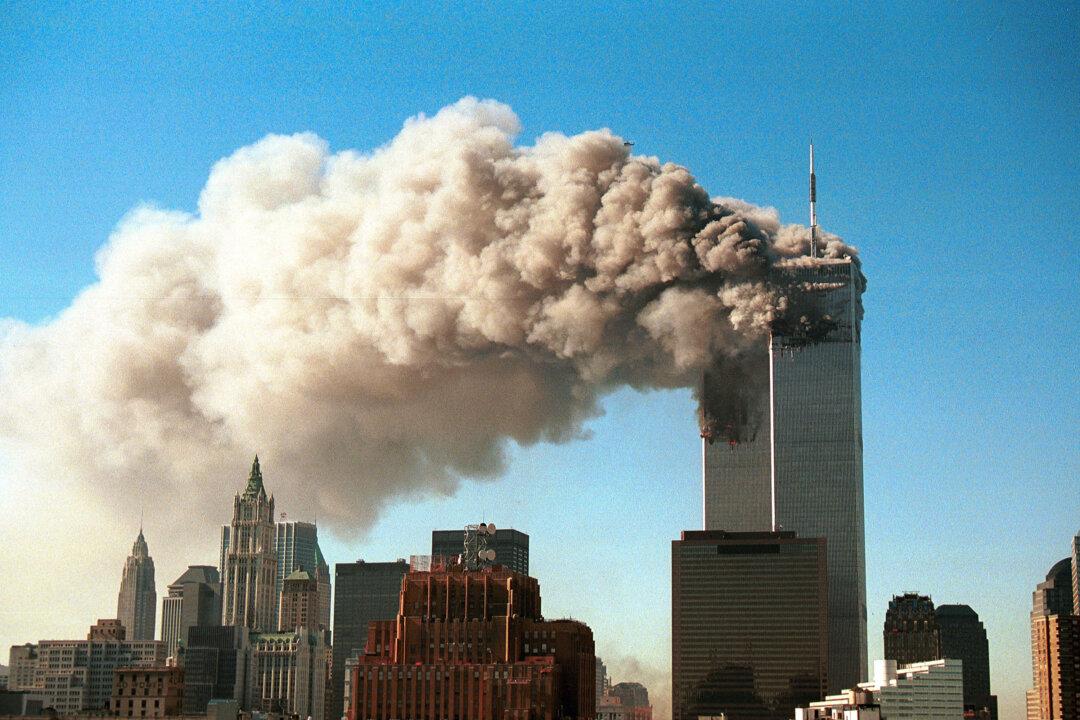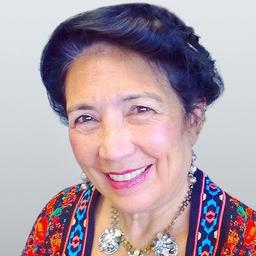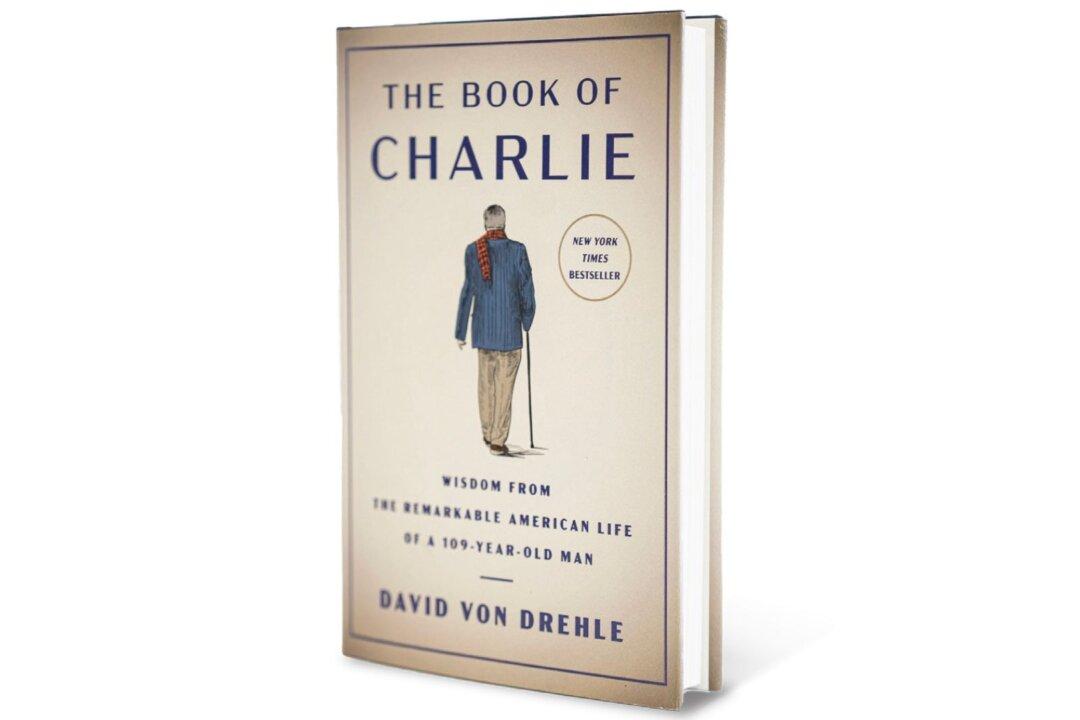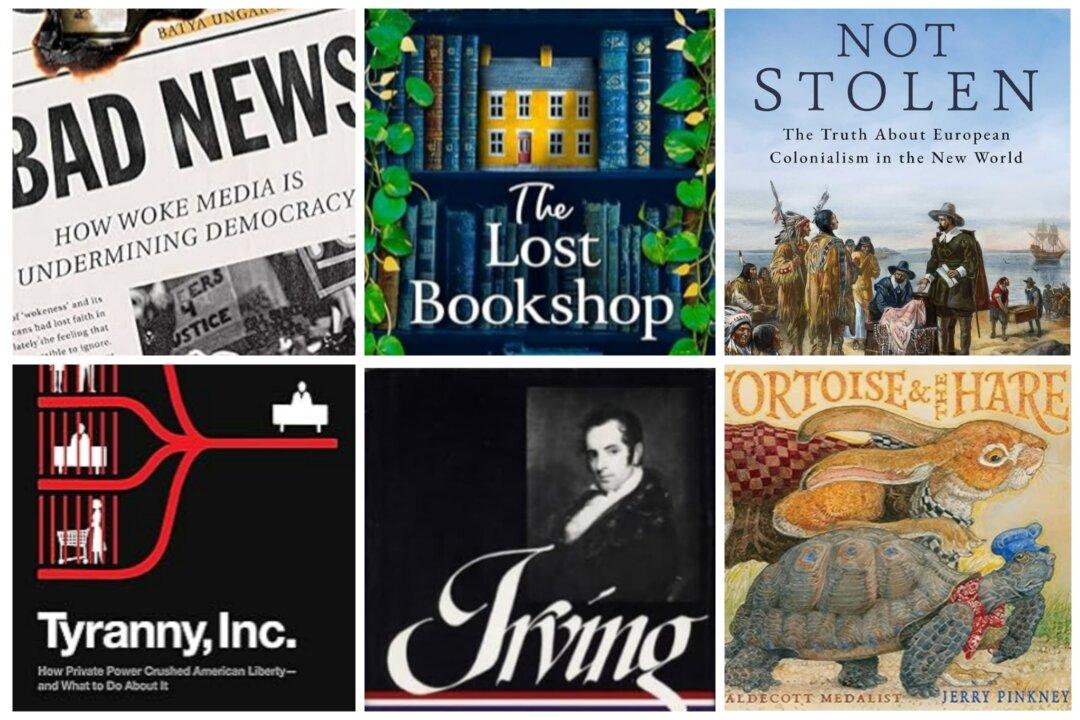On Sept. 11, 2001, I was working as a reporter for a local newspaper in Warrenton, Virginia (Fauquier County), roughly 45 miles west of Washington. The television was on in the conference room and the staff started to gather as we watched a plane slam into one of the Twin Towers in New York. Aghast, we initially thought the plane had accidentally gone off course.
It wasn’t long before we learned that it had been a terrorist attack. It was part of a series of attacks carried out by the militant Islamic group known as al-Qaeda. Another target was the Pentagon in Arlington, Virginia. With so many commuters living in Fauquier County and working in the D.C. area, the phones started ringing.






